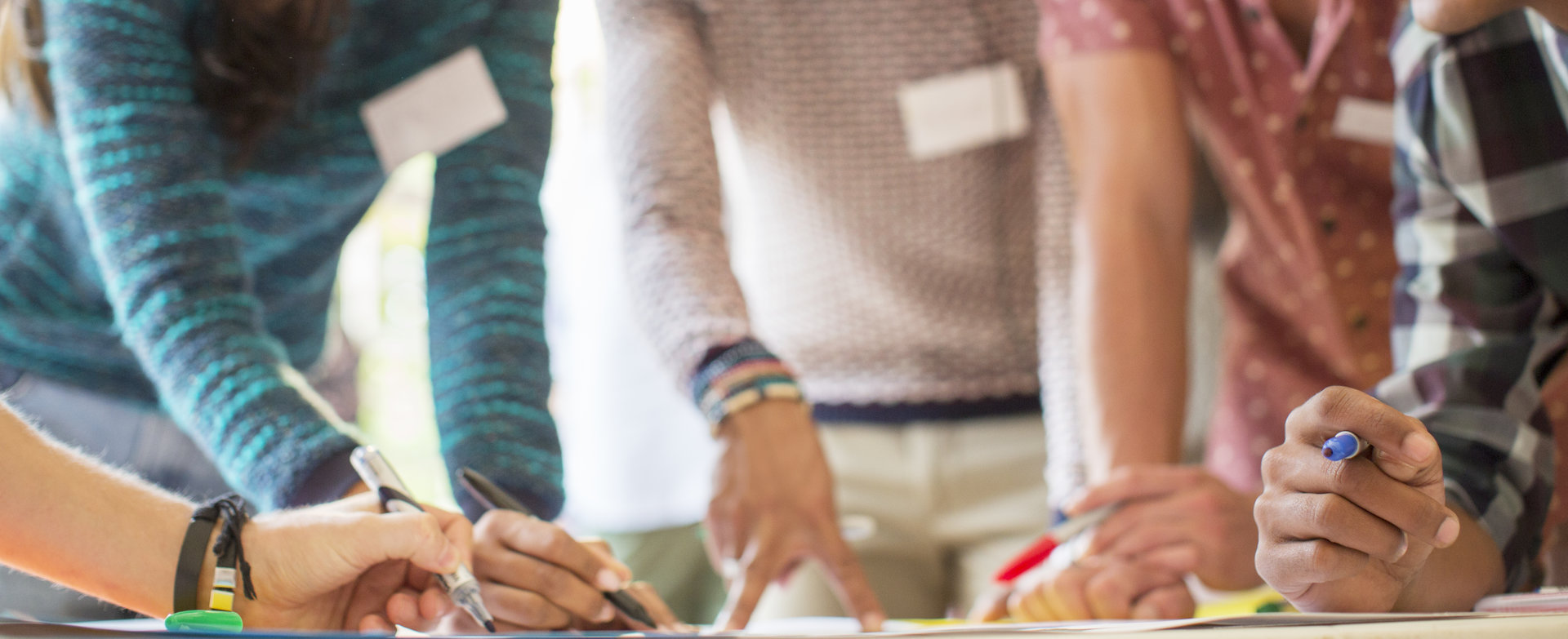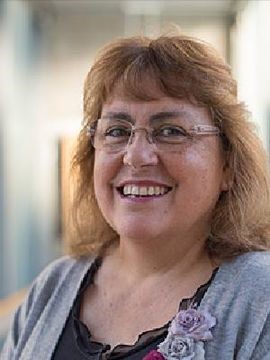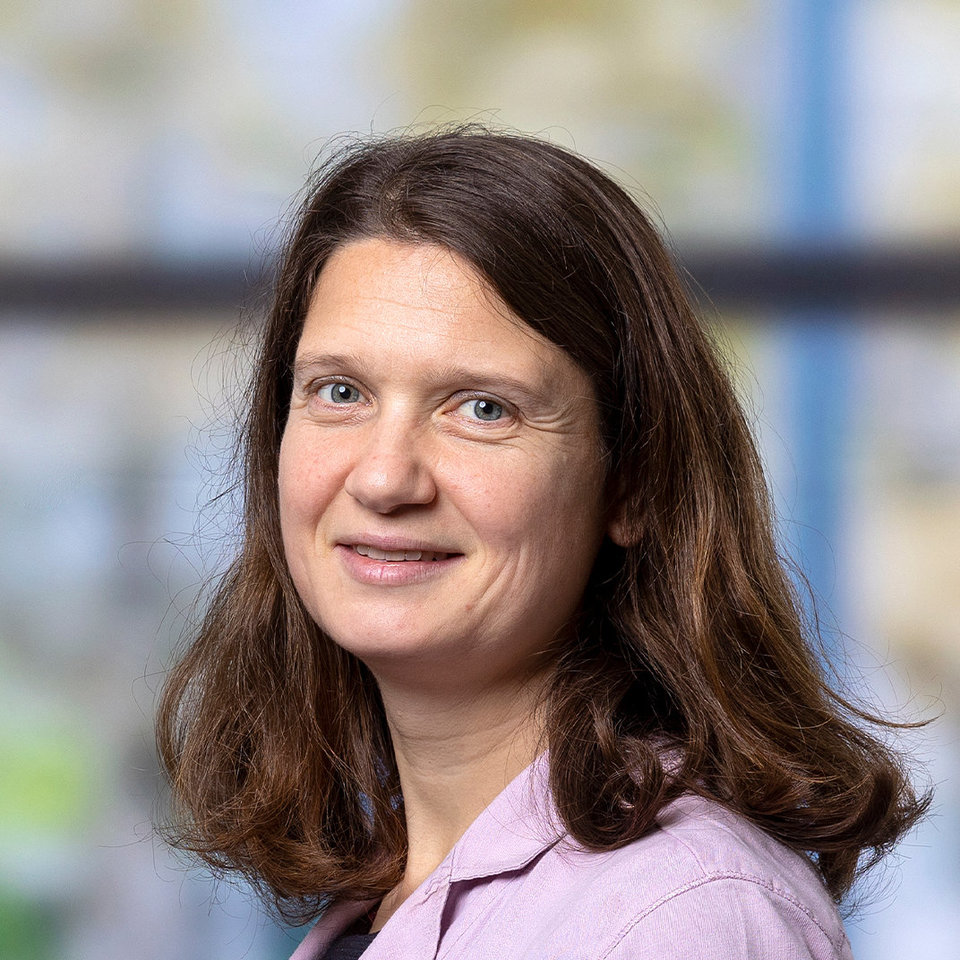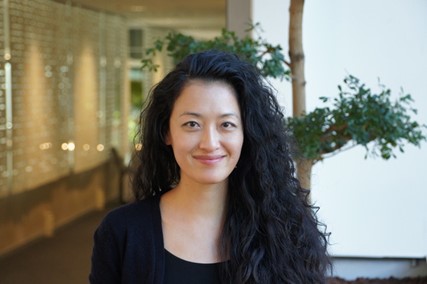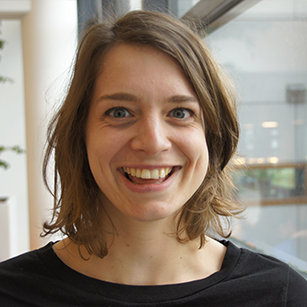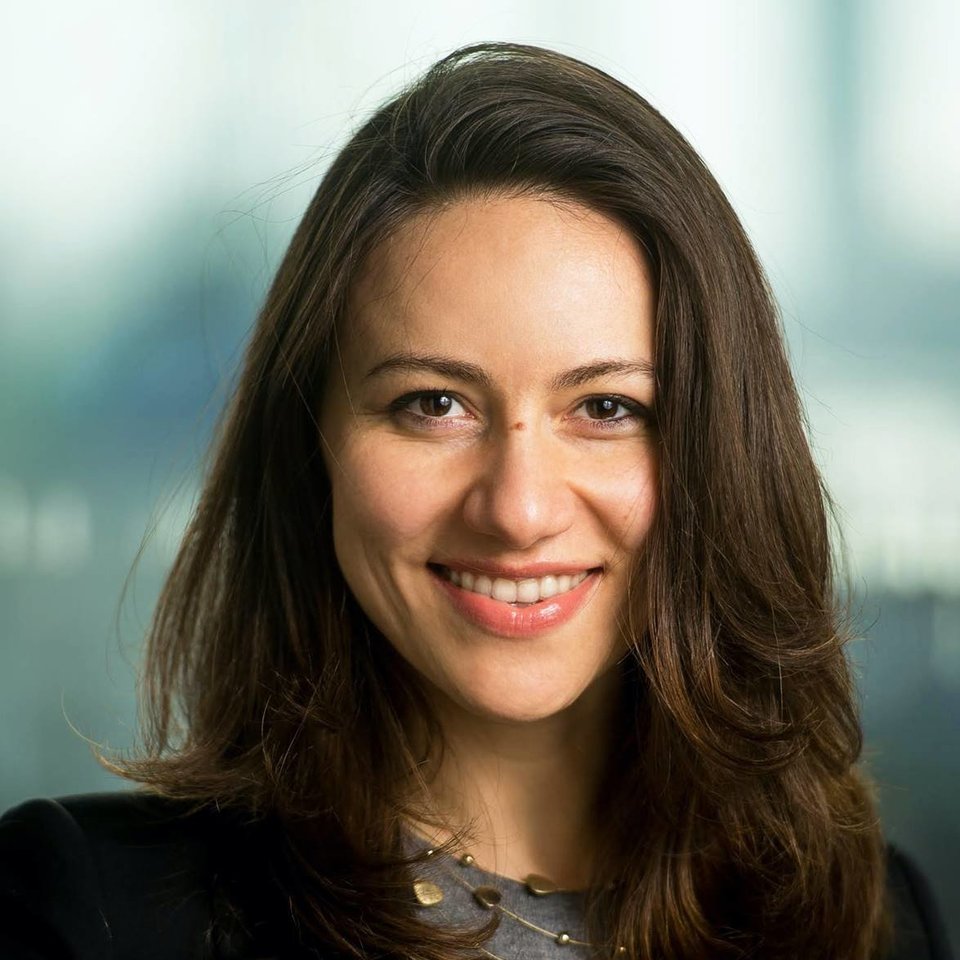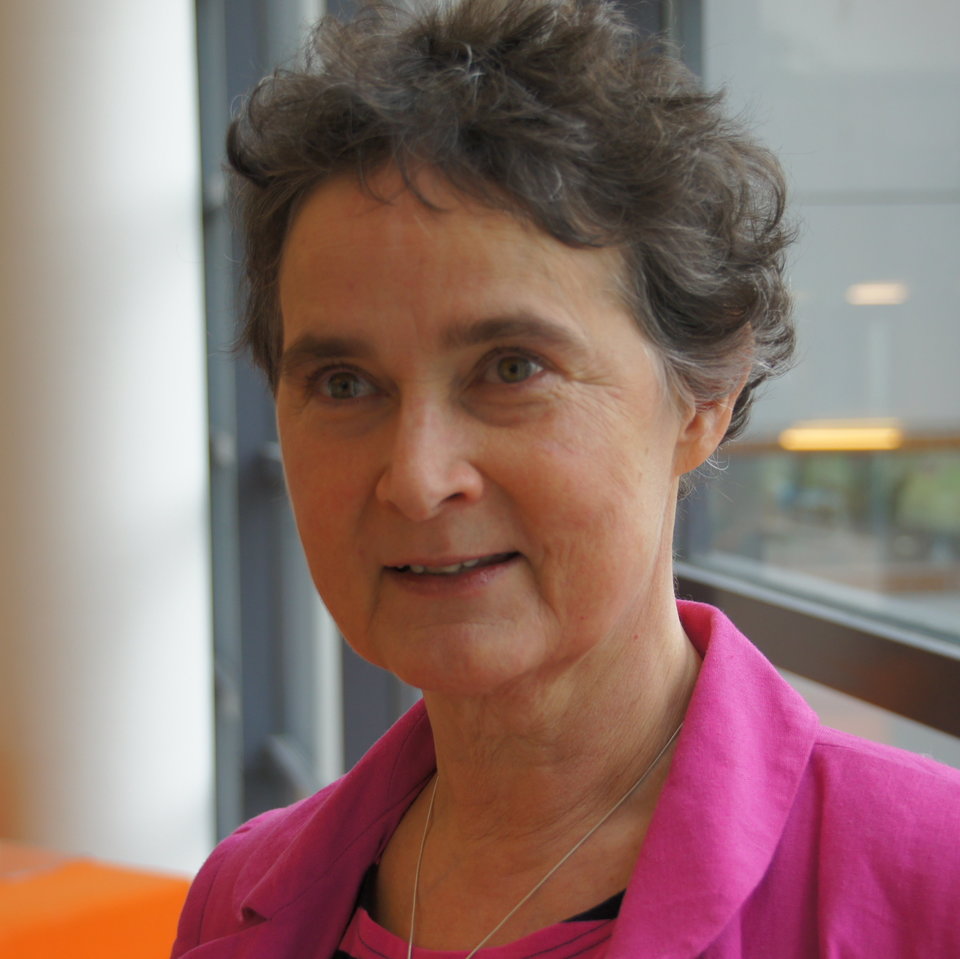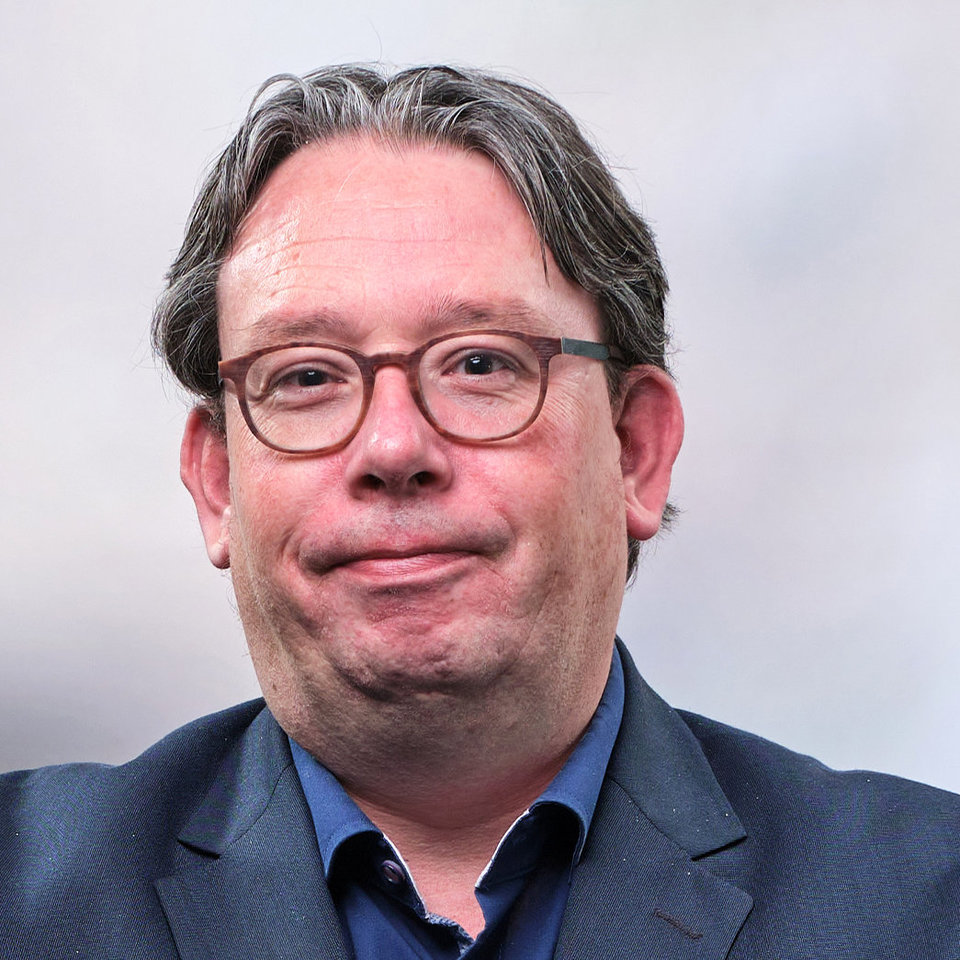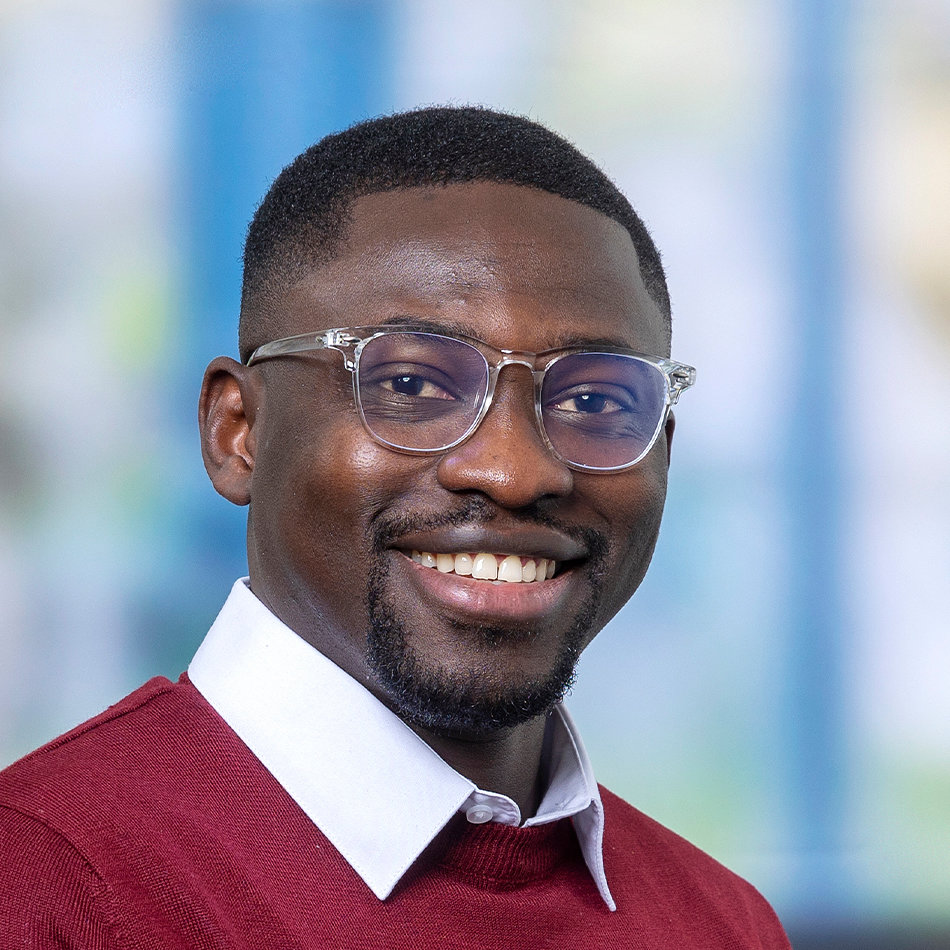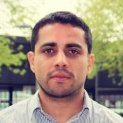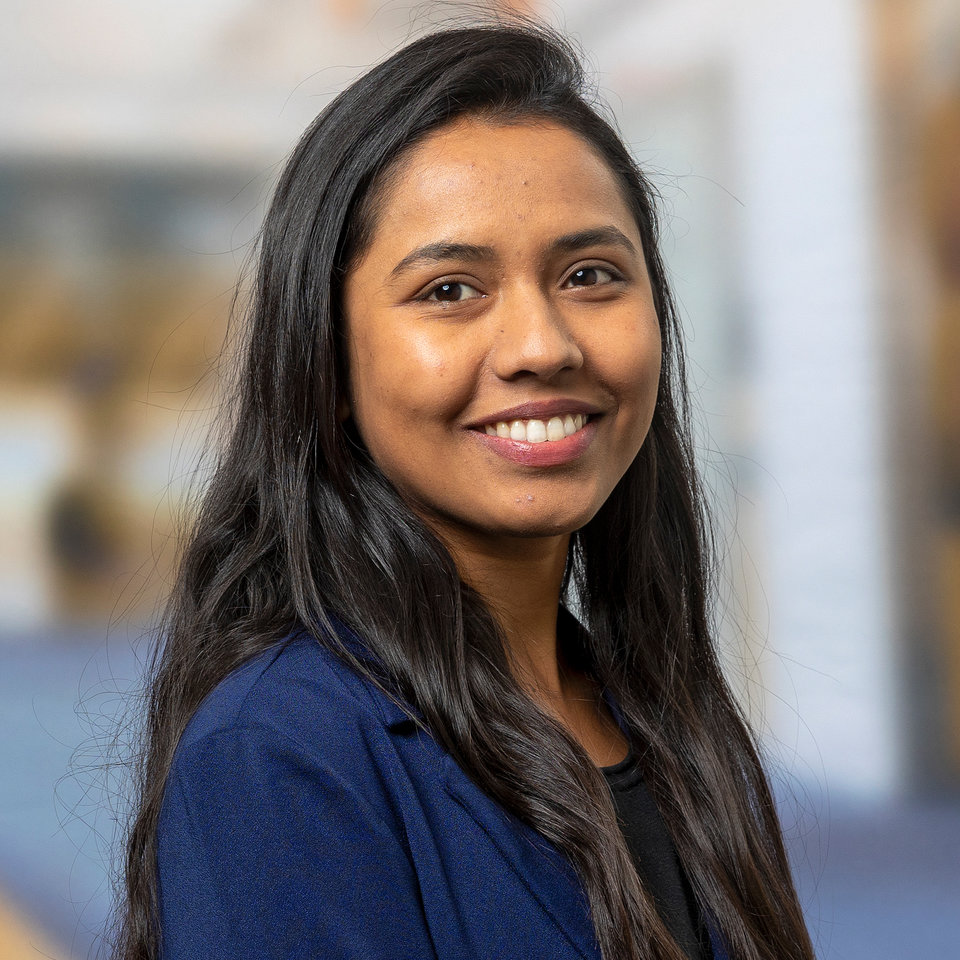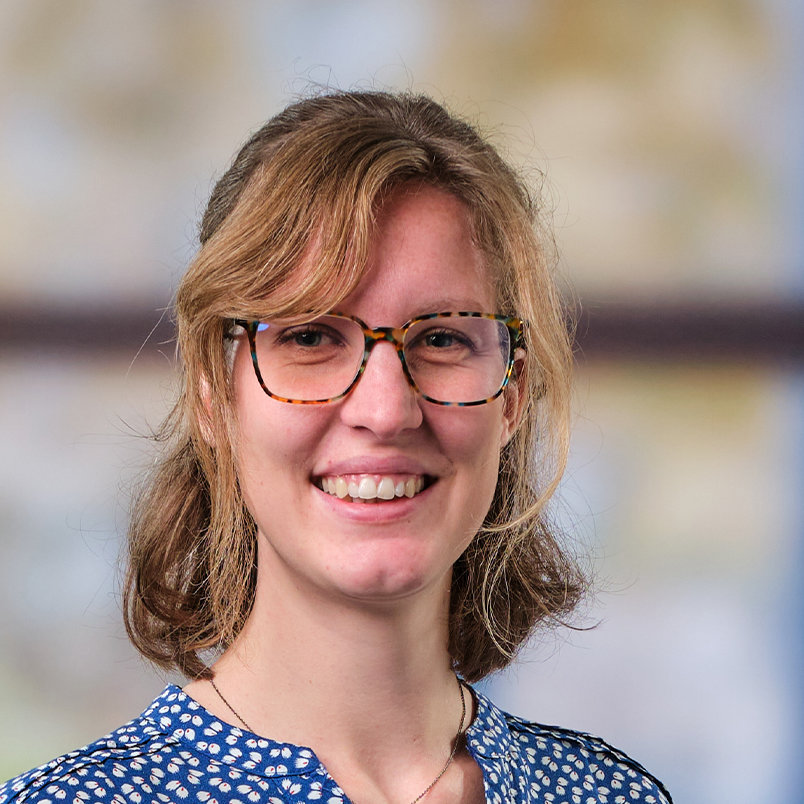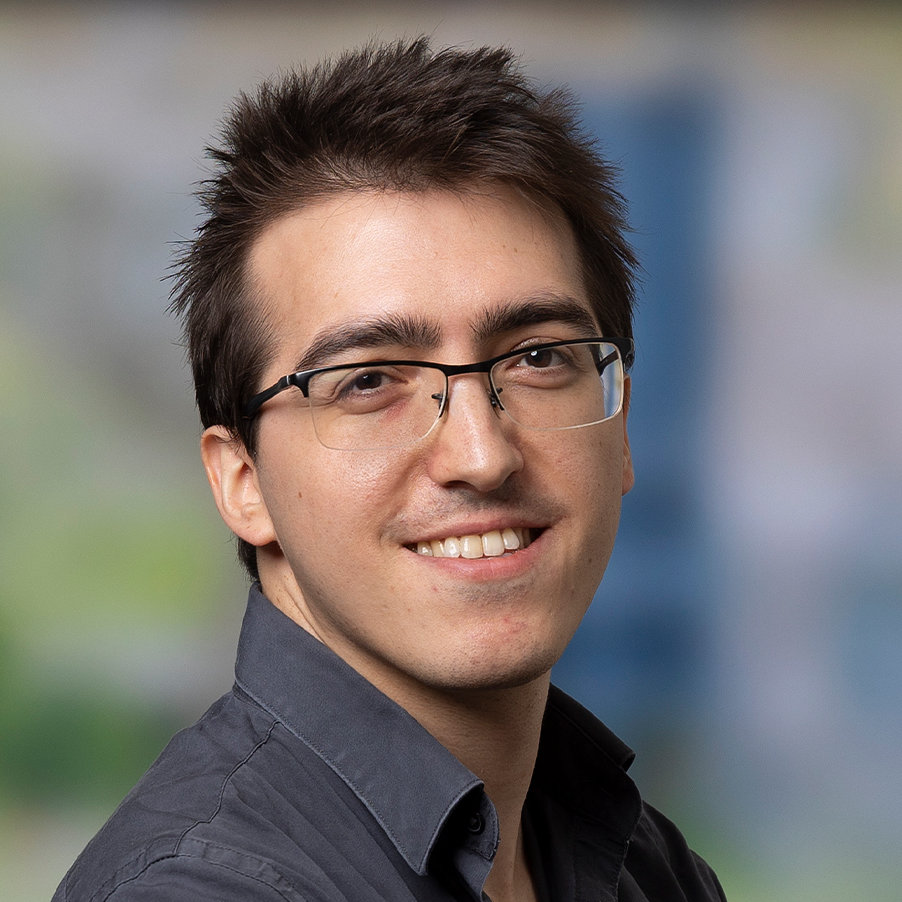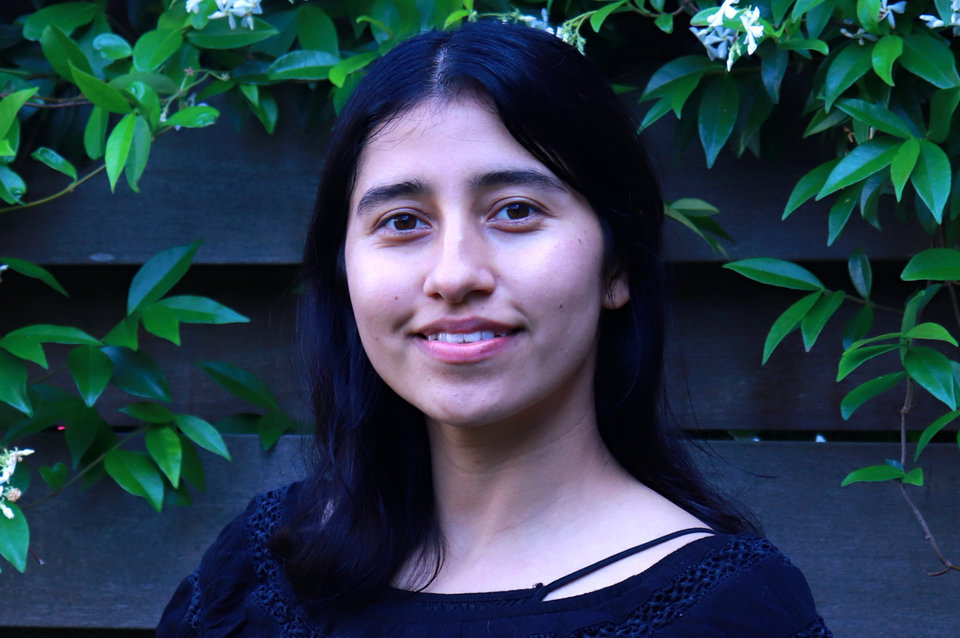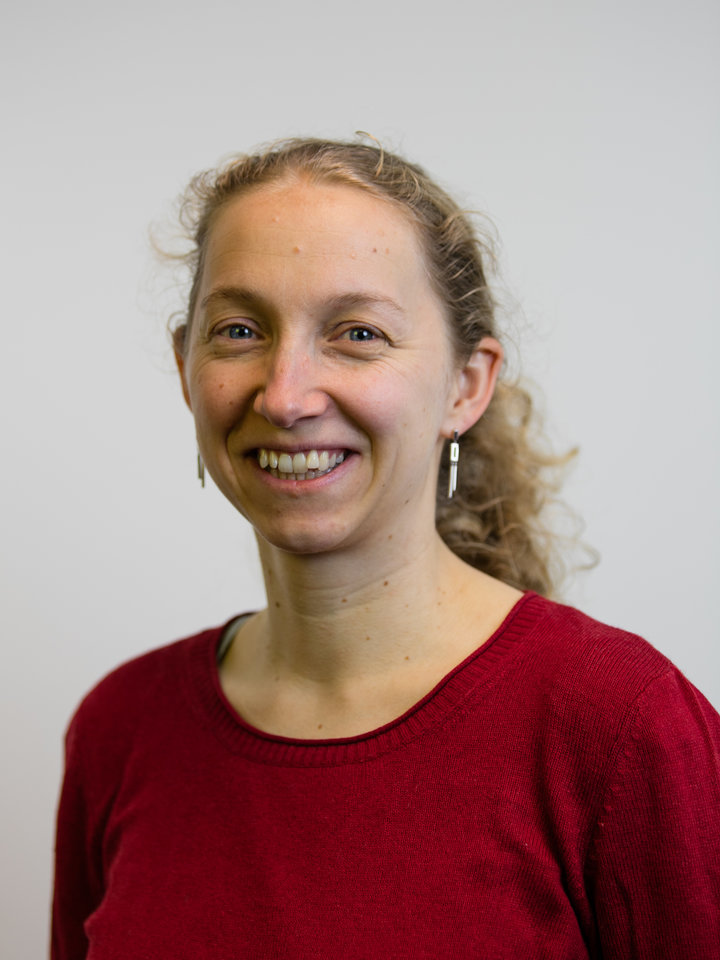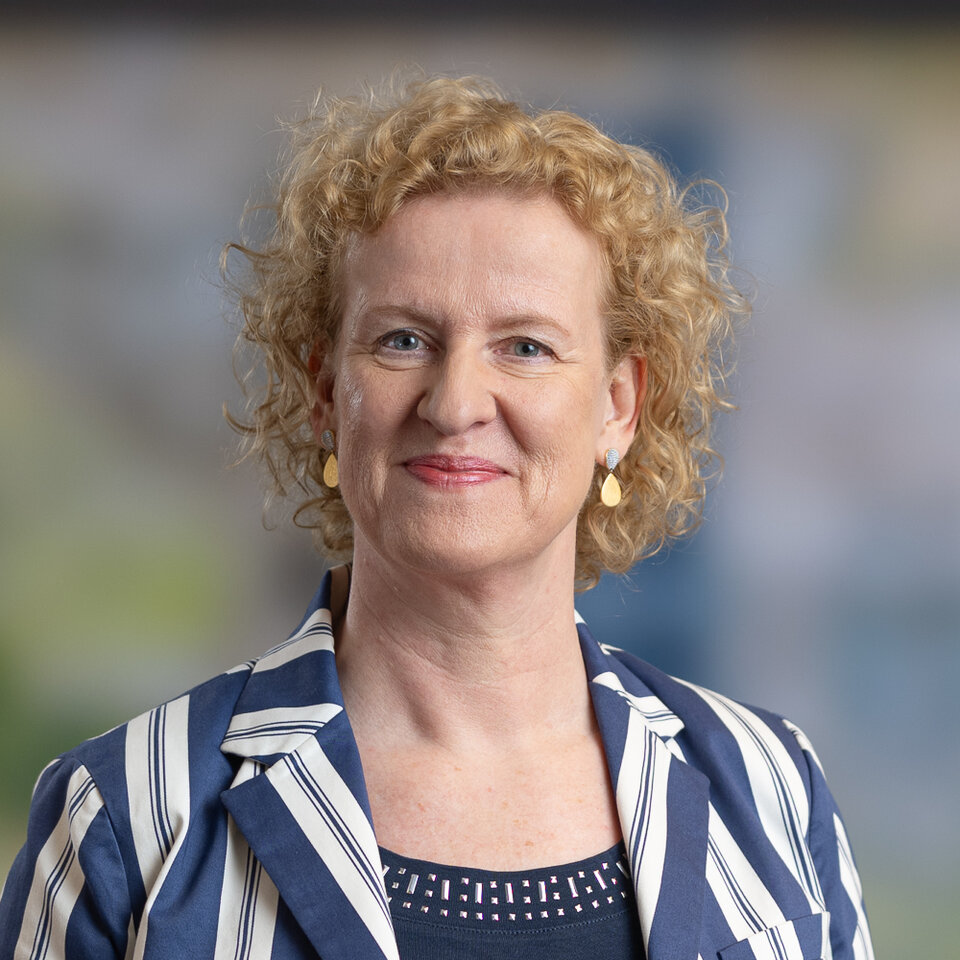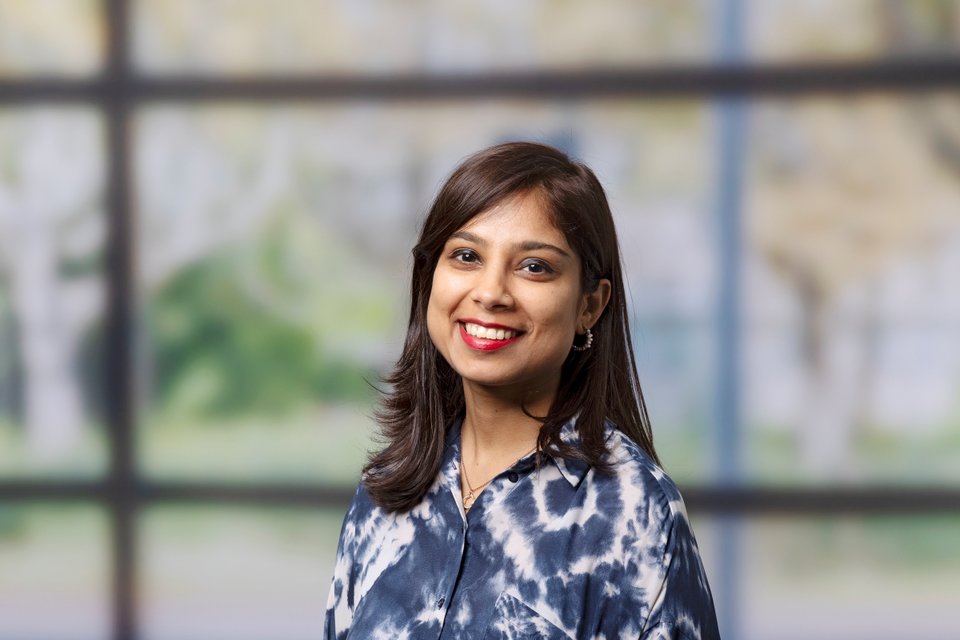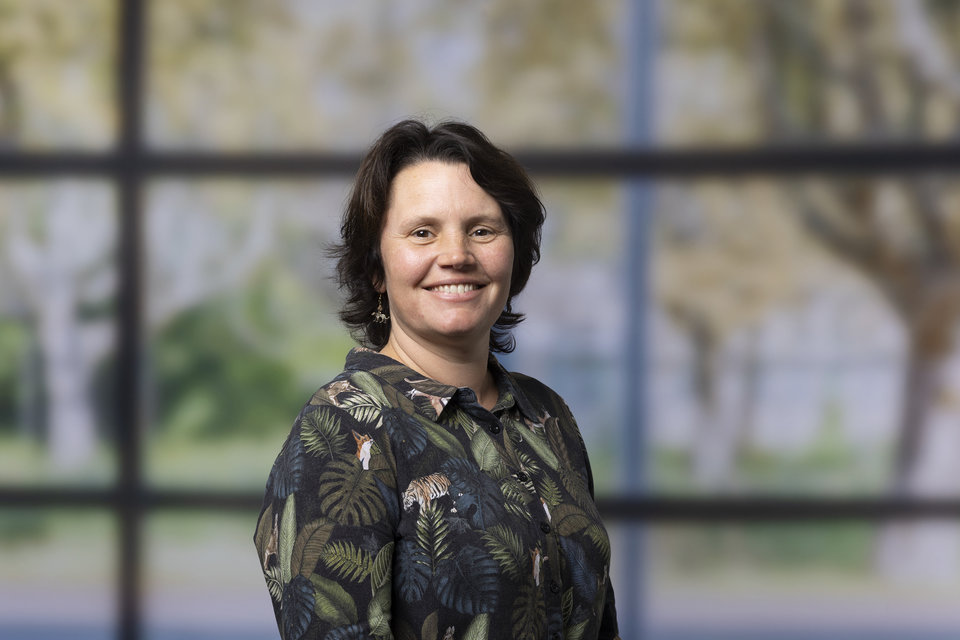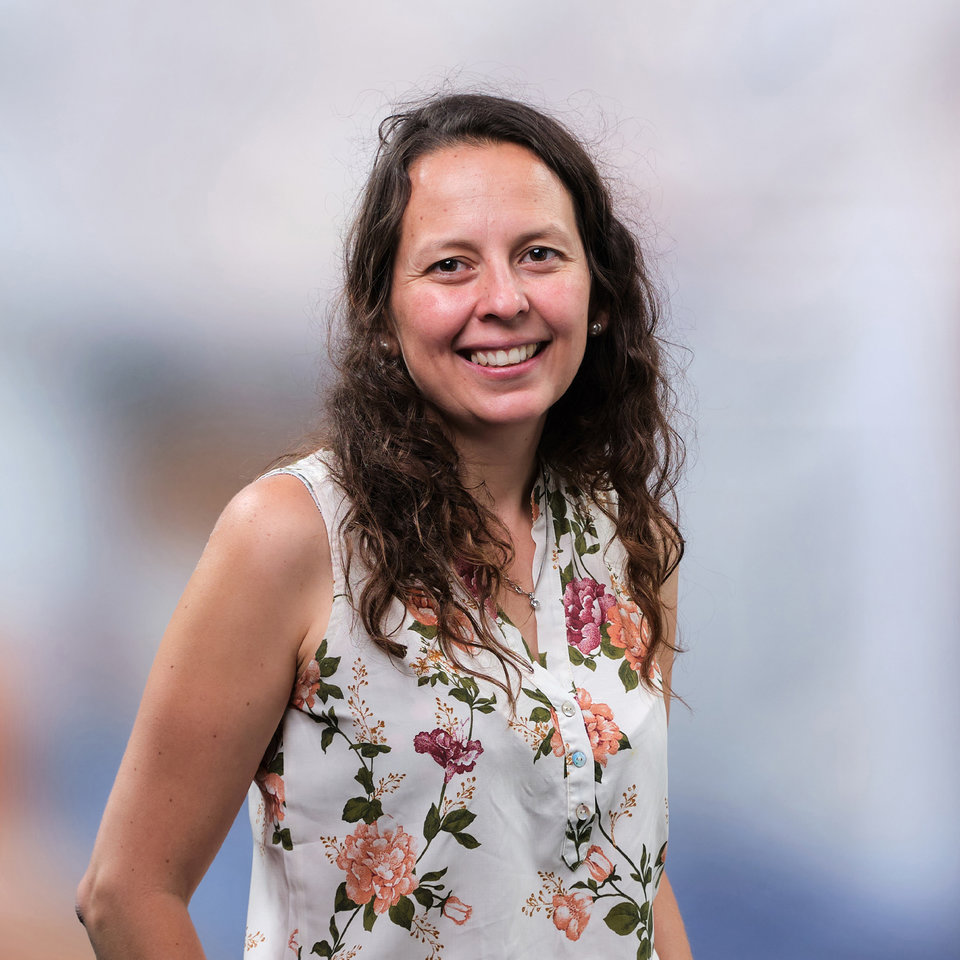Transdisciplinary Lab for Learning and Research
Building on 30-years of interdisciplinary research, TPM takes on the transdisciplinary challenge
Transdisciplinary learning and research is an interdisciplinary approach to scientific inquiry and education which places an emphasis on joint problem structuring and solution exploration from multiple knowledge sources and disciplines. Transdisciplinary learning and research brings together educators, researchers, policy makers, diverse societal actors such as communities, industry, youth, and many others to address both scientific and societal challenges. Reflexive, collaborative learning is central to the transdisciplinary approach, which views the researcher or teacher as a facilitator of learning rather than an expert. Transdisciplinary inquiry adopts a complexity-informed, participatory stance that transcends disciplinary boundaries to address real-world problems. Given today’s global challenges such as climate change, biodiversity loss, sustainable development, the energy transition, food security and cyber security, new types of solutions and accompanying co-creative and explorative processes at the social-technical-environmental interface are a necessity.
A transdisciplinary inquiry is characterised by:
- An inclusive co-creative process of exploring problems which acknowledges the emergent quality of collaboration and the importance of engagement with all on equal terms;
- The promotion of equitable co-development processes by recognising and designing for the unequal power dynamics across different stakeholder groups;
- The co-production of knowledge that is relevant to the real-world context, inclusive of local, place-based experience and knowledge that has been historically marginalised, informed by multiple sources of knowledge and disciplines, and that goes beyond disciplinary boundaries in its use of theories, frameworks and concepts;
- The open, systemic, inclusive and reflexive stance of the researchers involved i.e. facilitatory, flexible, tolerant, life-long learning and a motivation to focus on societal problems and generate societal impact;
- Facilitation of knowledge creation and exchange and social learning processes of actors, now and in the future, accompanied by documentation of learning processes, both successes and failures.
Agenda
Fit & Unique TPM contribution
- Methodologically sound design of interventions (and their evaluation) without constraining the creative processes involved in collaborative problem formulation, the development and exchange of knowledge and the exploration and co-design of solutions.
- Fits with the complex systems stance of TPM, the deep methods focus of policy analysis and the participatory/societal engagement that is core to much of our science.
- Intrinsically connected to learning concepts and methodologies as TD processes are transformative learning processes.
- The design science paradigm can align with a TD learning and research spirit.
- Applicable in the TPM research and teaching domains, including water, health, energy and infrastructure.
Phase 1
Incubation
The present start-up phase, exploring transdisciplinarity together
Phase 2
Acceleration
Engagement in multiple research projects and teaching activities; learning from each other
Phase 3
Codification
Iterative, reflective learning and engagement captured in procedures, deepened understanding and new ways of doing
Team
Impact Alliantie – Dutch network of scientists interested in research impact and the effect of transdisciplinary rather than standard processes to achieve impact. Members include Prof. Sander Meijerink (RadboudU), Gerald Jan Ellen (Deltares), Prof. Laurens Hessels (LeidenU), Prof. Arwin van Buuren (EUR).

